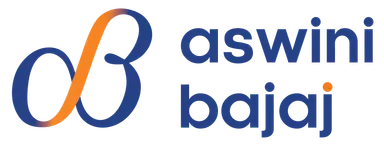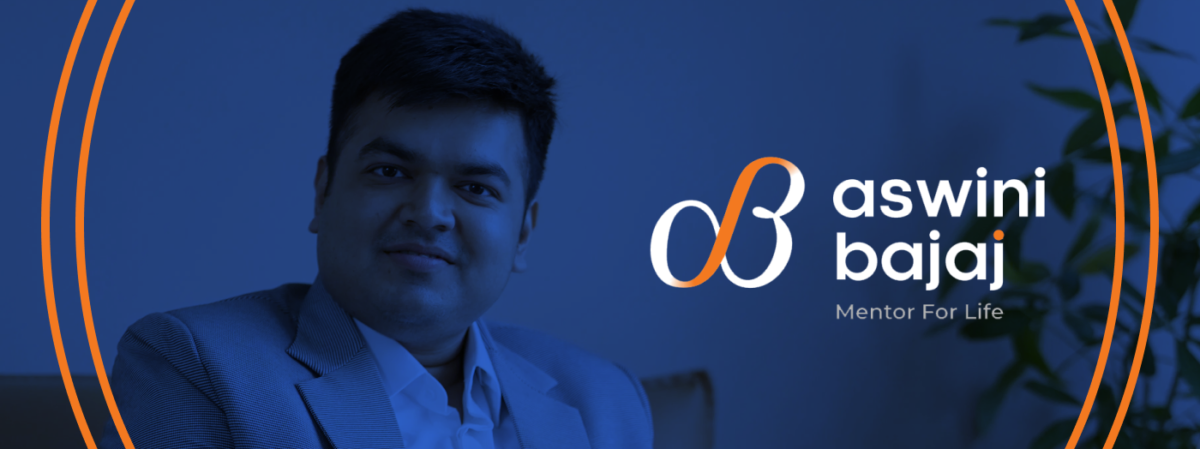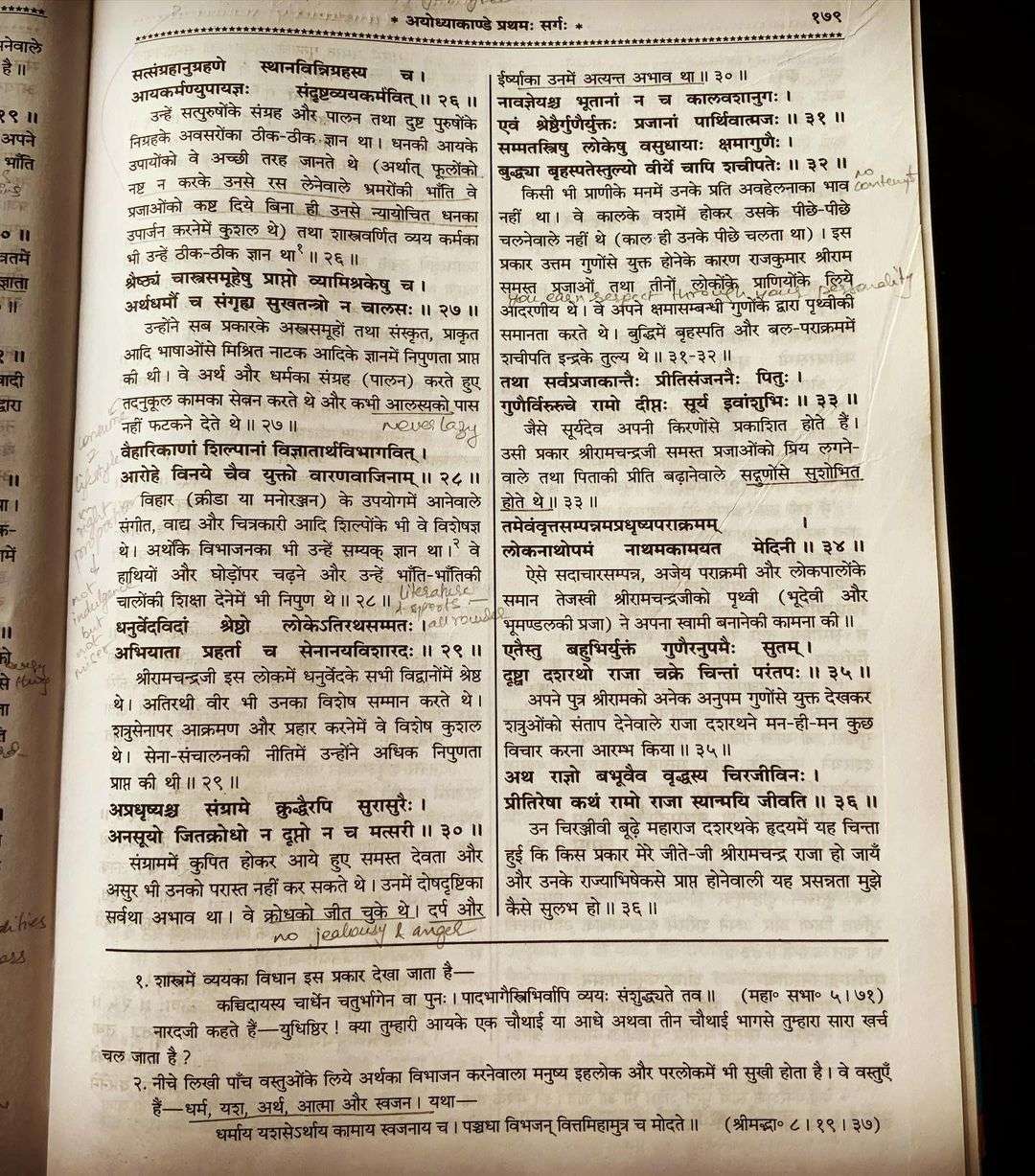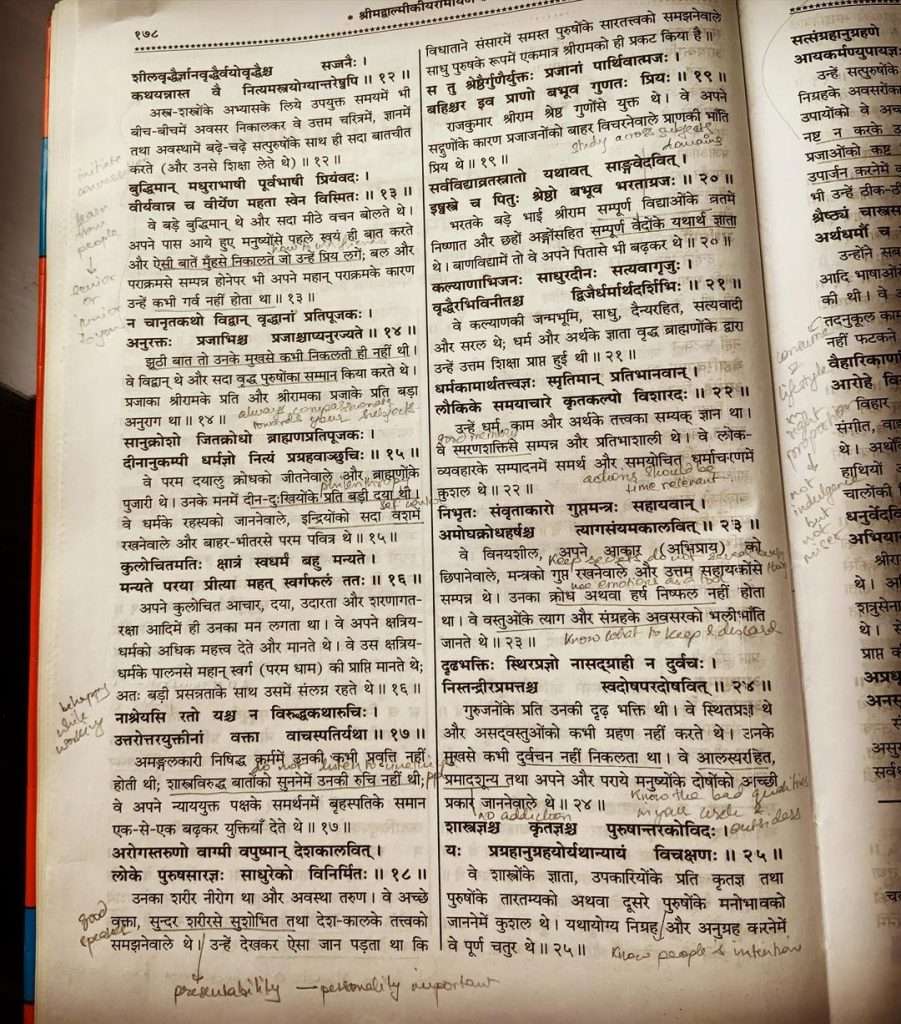
Something most professionals today still don’t understand: “Once I get my CFA charter, I’m done studying. Finally, I can just work and not have to learn anymore.“I hear this constantly. It reveals the exact misconception that Chanakya addressed 2,300 years ago.

No DCF models. No debt covenants. No WACC calculations.
He ended up building an empire from scratch and wrote texts that are still studied 23 centuries later.
He knew leverage was never about money. It was about asymmetry, getting disproportionate output from limited input.

Finance education reduces leverage to debt multiples and equity ratios. Those are just applications of a much deeper principle, and that’s the reason why I stretch beyond the topic in class, showing how this actually works.
Over the years, I’ve made sure my students don’t learn just the formula to pass the exam, but rather, they get the point.

People see my qualifications and assume I’m obsessed with certificates. They’ve got it backwards. What I’m obsessed with is learning.
When I started teaching CFA in 2012, I realised my CA background covered various subjects; out of 6 papers, one was accounting, and two were taxation. CA had one paper in finance, but I wanted to specialise and get into the depth of it. While studying CFA, I realised how much depth it offered.
Students asked about derivatives, portfolio construction, and alternative investments. I wanted to master each area. FRM for risk management. CAIA for alternate investments. CIPM for performance measurement.

Chanakya mastered statecraft, warfare, economics, and human psychology, not to be a polymath, but because real power comes from seeing connections others miss.
When you study fixed income after equity valuation, you start seeing relationships between bond yields and equity risk premiums, between credit spreads and business cycles, and between duration management and asset allocation.
That’s not addition. That’s multiplication.
Ray Dalio built Bridgewater by connecting macroeconomic patterns across decades. Stanley Druckenmiller compounded a 30% annual return for 30 years by never stopping his learning. They treated knowledge like a portfolio, diversified, interconnected, constantly rebalanced.
Most people treat learning like a checklist. Finish Level 1, move to Level 2, then Level 3, get the charter, stop. That’s a transaction at best.
Real leverage is when one concept you learned five years ago suddenly solves three new problems today. When knowledge from one domain gives you an unfair advantage in another.

Leverage without judgment is dangerous.
Financial leverage without risk management destroys firms. Lehman Brothers had leverage, but they lacked ethics and an understanding of greed. LTCM had Nobel Prize winners and still blew up.
In careers, it’s the same. Knowledge without ethics makes you dangerous, not valuable. Positioning without competence makes you an imposter who gets exposed eventually.

You can’t leverage what you haven’t built.

Chanakya never became king. He positioned Chandragupta as king and operated as the strategist behind the throne. He understood you don’t need to be in the spotlight to have the most influence.
I’ve trained over 55,000 professionals. The ones with the longest, most impactful careers aren’t always the ones who started with the best titles. They’re the ones who positioned themselves strategically early on.
They chose the role where they’d learn the most, not earn the most. They picked the mentor to push them hardest, not praise them most. They joined the team where they’d be challenged, not comfortable.

Most people wait for opportunities and then try to get ready. That’s backwards. Position yourself for growth, and opportunities will find you.

People who treat their CFA prep as just exam preparation get a certificate. People who treat it as leverage creation get a compounding asset.
Same time investment. Completely different output.
While you’re studying portfolio management, are you also building relationships with people who’ll be managing portfolios someday? While putting in those hundreds of hours, are you developing ways of thinking that’ll apply to decisions you’ll make twenty years from now
One input. Multiple compounding outputs.
That’s what Chanakya understood and what most modern professionals miss.

Excel at your exams in the right way, not just mugging up, but truly learning and applying concepts. Along with that, build leverage that compounds for decades.
Every concept you master, not memorise, master, becomes knowledge leverage that creates value for the next thirty years. Every strategic positioning choice you make becomes career leverage that puts you in rooms where opportunities happen.

The question isn’t whether you’ll pass your exam. You will, if you put in the work.
Ask yourself: Are you building leverage that lasts beyond the exam?
That’s exactly what we focus on; not just passing exams, but building the depth of understanding that accelerates your career for decades.
Ready to invest in leverage that compounds? Explore our CFA/FRM courses here.
P.S. Chanakya wrote the Arthashastra 2,300 years ago. It’s still studied today. He created something so valuable that it compounds across centuries. You’re putting in hundreds of hours for CFA anyway. Make sure you’re building something that compounds for more than just one exam cycle.
More on strategic relationships and networking in the next newsletter.













